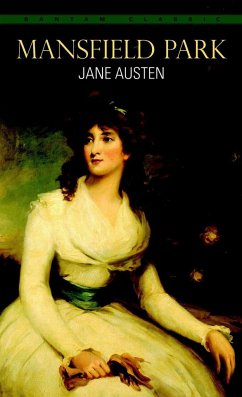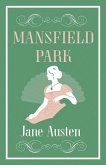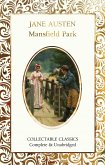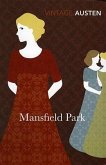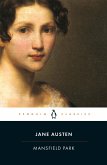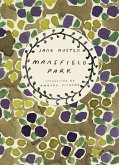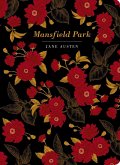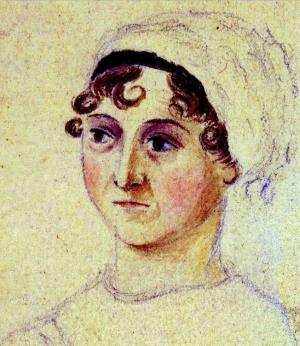In Mansfield Park, first published in 1814, when the author had reached her full maturity as a novelist, Jane Austen paints some of her most witty and perceptive studies of character. Against a genteel country landscape of formal parks and stately homes, the gossipy Mrs. Norris becomes a masterful comic creation; the fickle young suitor Henry Crawford provides an unequaled portrait of an unscrupulous young man; and the complexly drawn Fanny Price emerges as one of Jane Austen's finest achievements—the poor cousin who comes to stay with her wealthy relatives at Mansfield Park and learns how the game of love can too easily turn to folly. More intricately plotted and wider in scope than Austen's earlier works, Mansfield Park continues to enchant and delight us as a superb example of a great author's craft.
Bitte wählen Sie Ihr Anliegen aus.
Rechnungen
Retourenschein anfordern
Bestellstatus
Storno

